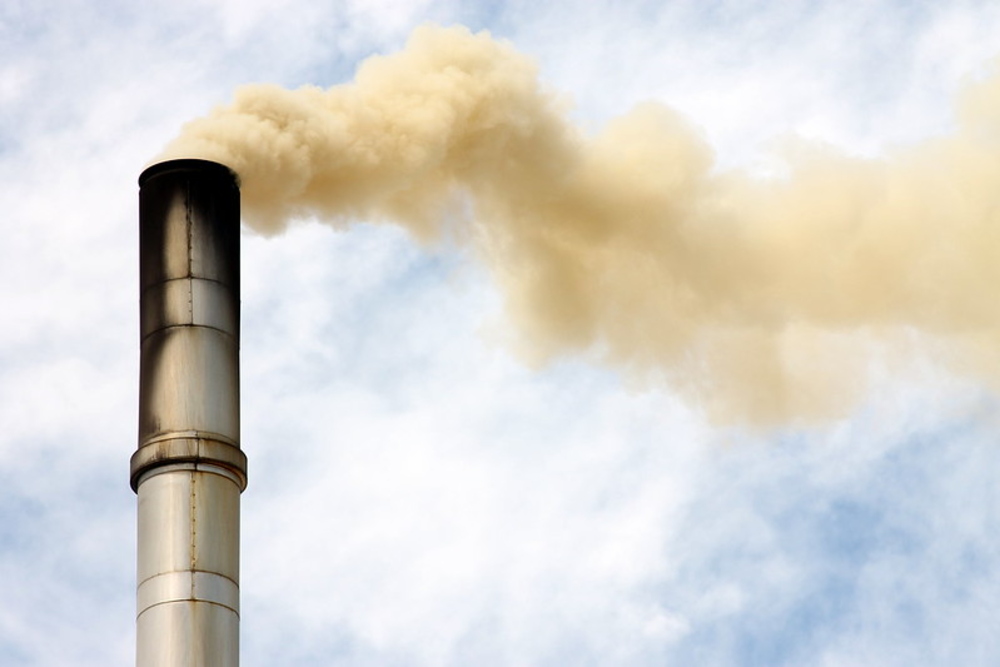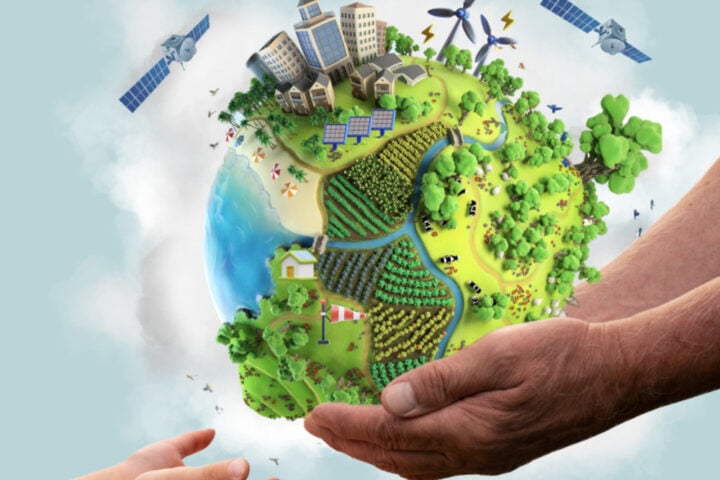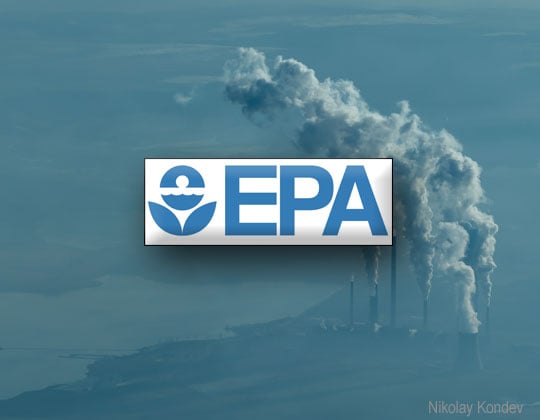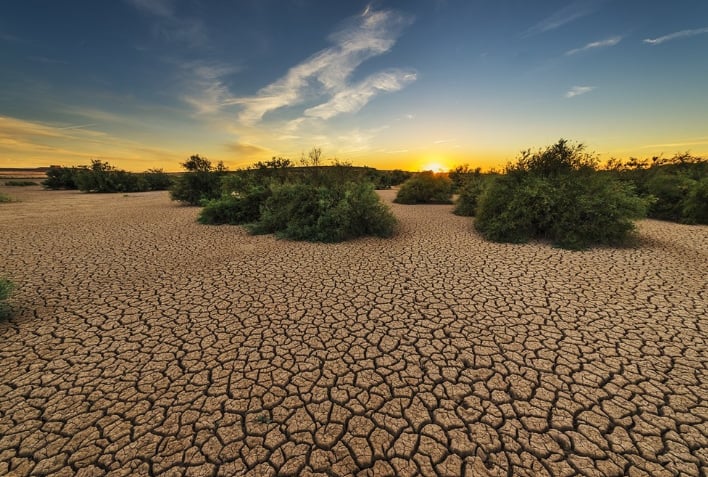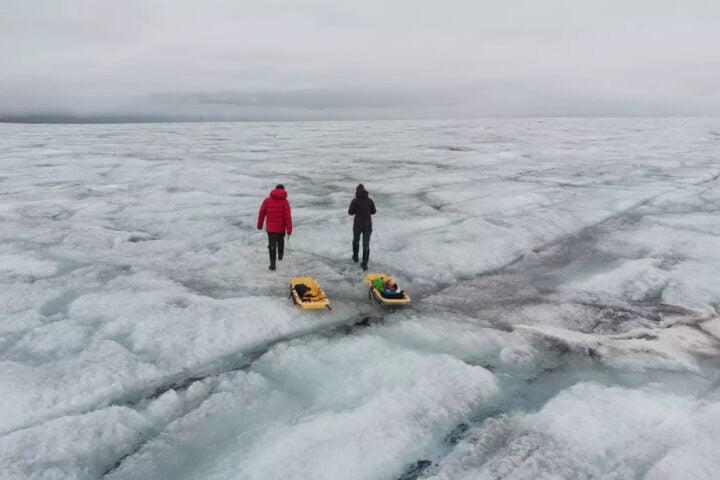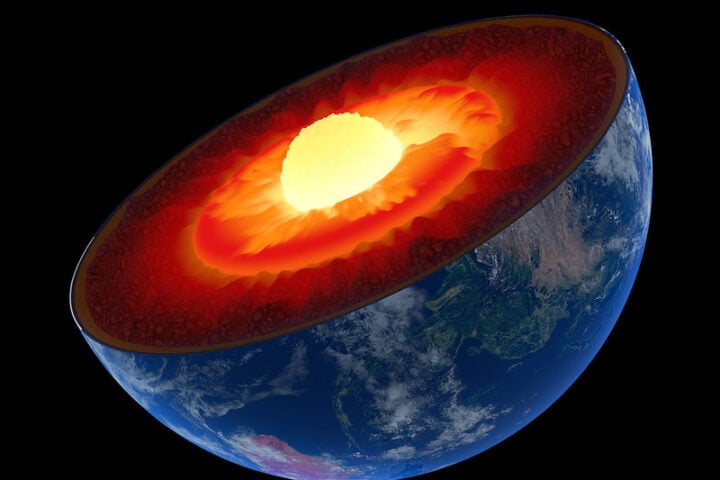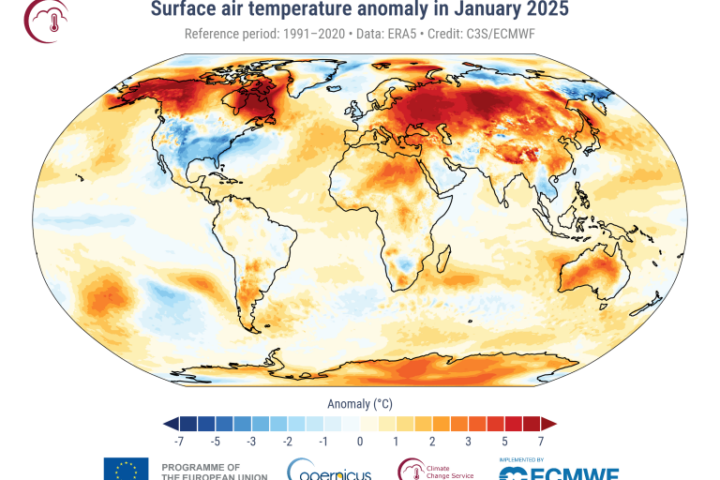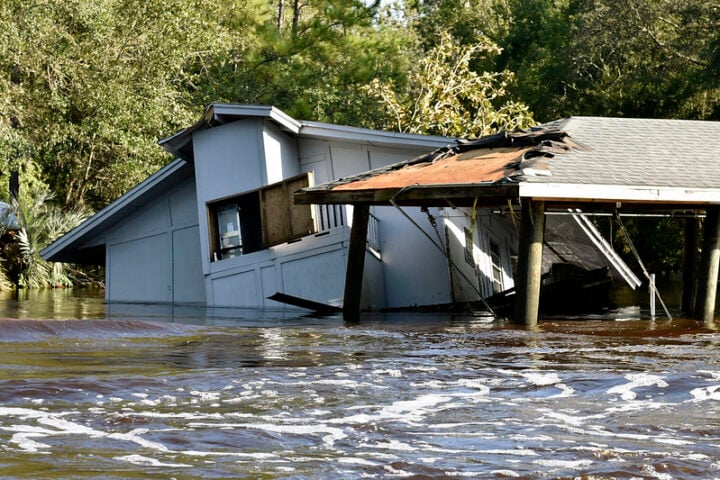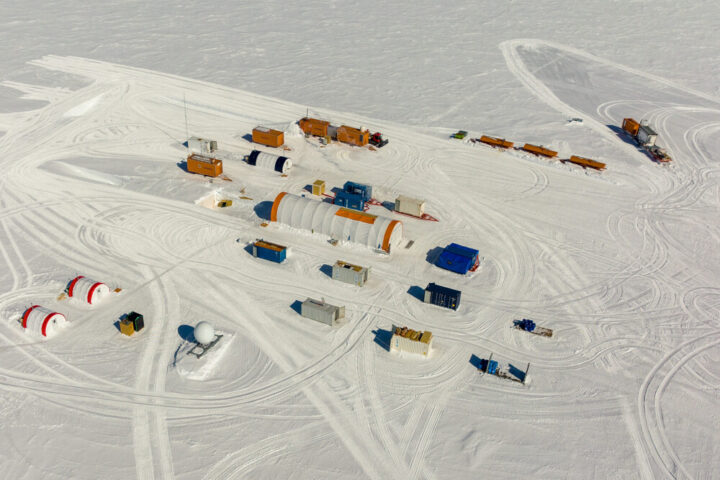A group of leading scientists has issued a stark warning about the dangers of fossil fuels in a new review published in the journal Oxford Open Climate Change. The report details how fossil fuels are driving interconnected crises affecting human health, climate stability, and biodiversity.
“The science can’t be any clearer that fossil fuels are killing us,” said Shaye Wolf, climate science director at the Center for Biological Diversity and lead author of the report. “Oil, gas and coal will continue to condemn us to more deaths, wildlife extinctions and extreme weather disasters unless we make dirty fossil fuels a thing of the past.”
The review presents comprehensive evidence that fossil fuels are not only fueling climate change but also causing widespread public health problems, environmental injustice, biodiversity loss, and pollution from plastics and agrochemicals.
Fossil fuels account for about 90% of human-caused carbon dioxide emissions, which are heating the planet, making oceans more acidic, and causing unprecedented climate disasters. Air pollution from burning these fuels is responsible for millions of premature deaths worldwide and hundreds of thousands in the United States alone each year.
Similar Posts:
Health impacts are severe and widespread. “Fossil fuel pollution impacts health at every stage of life, with elevated risks for conditions ranging from premature births to childhood leukemia and severe depression,” explained David J.X. González, an assistant professor at UC Berkeley School of Public Health.
These health burdens are not shared equally. Communities of color and low-income areas suffer disproportionately from fossil fuel development due to decades of discriminatory policies. Robin Saha, an associate professor at the University of Montana, noted that “these fenceline communities have been treated as sacrifice zones by greedy, callous industries.”
The biodiversity crisis is equally alarming. If fossil fuel use continues unchecked, up to one-third of plants and animals could be lost forever within the next 50 years.
Another growing concern is plastic production, which is being ramped up by the fossil fuel industry. Plastics create persistent pollution that contaminates air, water, soil, food systems, wildlife, and human bodies.
The scientists recommend immediate action to stop fossil fuel expansion and begin phasing out existing development. They note that clean, renewable energy alternatives are already available, affordable, and could save millions of lives and trillions of dollars once fully implemented.
Despite these clear dangers, the fossil fuel industry has spent decades concealing the harms of their products while blocking climate policies. Harvard University professor Naomi Oreskes pointed out, “Perversely, our governments continue to give out hundreds of billions of dollars in subsidies to this damaging industry. It is past time that stops.”

The review also recommends setting ambitious targets to reduce plastics production, incentivize sustainable alternatives, and adopt agricultural practices that limit petrochemical pollution.
The report focuses particularly on the United States as the world’s largest oil and gas producer and a major contributor to these crises, while presenting solutions for a rapid and fair transition to renewable energy throughout the economy.
